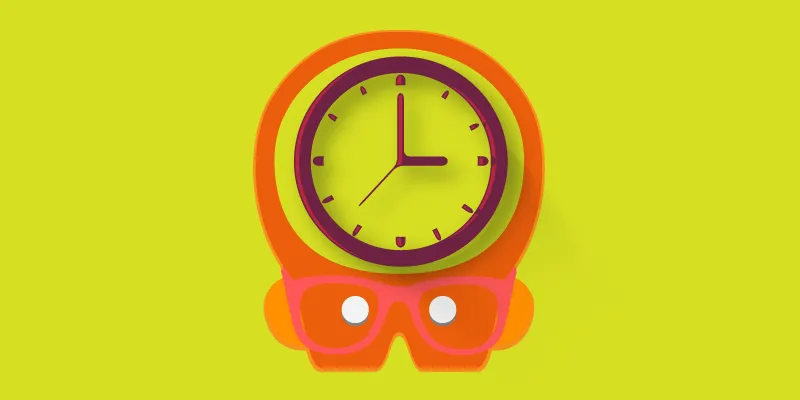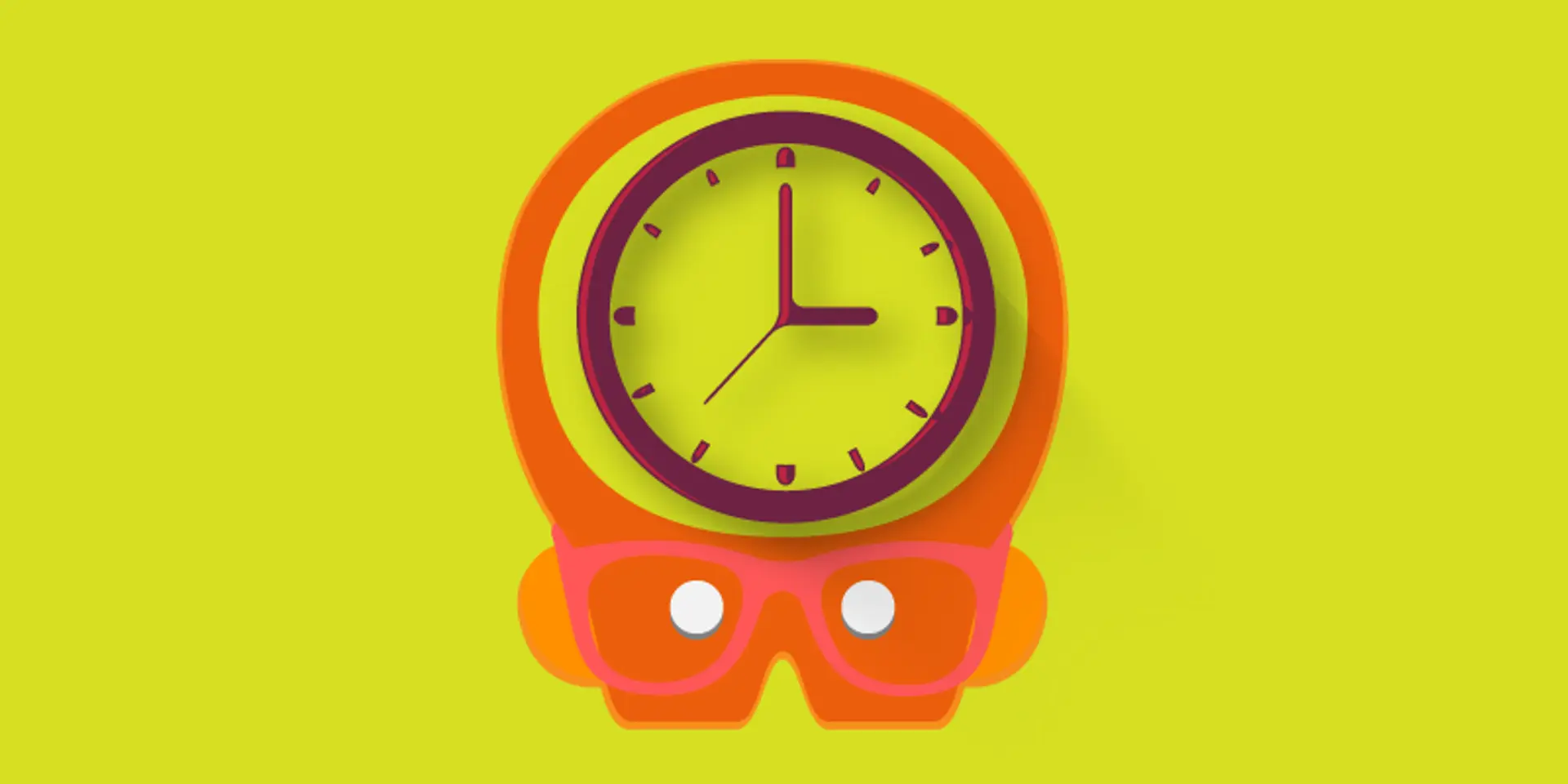Long working hours make you dumber. So what do you do about it?
The human brain is arguably the most critical and complex organ of the body. For years, neurologists and scientists have carried out dedicated studies in an attempt to understand what does and does not affect our brain activity. Some interesting theories and research papers have been published so far. It has been proved that working for more than 25 hours a week causes fatigue and stress, which can affect the right brain, especially those who are over 40. Flight attendants, for example, who work long and erratic shifts, have been found to suffer from severe memory loss, but this fact is often overlooked by their high risk of physical ailments, such as heart problems, diabetes and even cancer.

The science of correlation
In a recent research, McKenzie published thought leadership material stressing on the deteriorating effects long hours of work has on our cognitive thinking abilities. The science behind it says that during prolonged working schedules, the stress affects the cognitive abilities due to the release of a hormone called cortisol. This can hamper the person’s short term memory, concentration levels and rational thought. It also limits our ability to use the wisdom of past experiences, skewing our decisions to something like that of a programmed machine. While the secretion level of cortisol differs from person to person, the fact remains that the person is more vulnerable to the same during long durations of work.
According to Dr Tasha Eurich, author of Bankable Leadership, “We actually get stupider when we work too much.” So, basically, all those extra hours are literally driving you to physical and mental exhaustion, making you a total waste with each passing day. This also explains why our parents find difficulty in understanding even simplest of applications, while people in their 20s and 30s have to just roll over.
Remedies to the problem
While there is little that you can do to change your work life radically, there are some remedial measures that keep the side effects of long hours work at bay:
Sleep cycle: A well-organised eight-hour sleep cycle (minimum) is critical in keeping your brain revitalised and rejuvenated for the next day after every day’s work. Try to keep the time frame of 10 pm to 8 am as your window of sleep every day with a minimum of eight hours of sleep.
Interval exercise and water: Nine times out of ten, we can spare a 15-minute break during work and just take a walk around or have some water. Giving your brain time to relax from time to time will ensure little or no release of cortisol, which in turn will help your productivity. Drink at least three litres of water every day.
Curate habits to fit your brain activity: Not everybody is the same, thus, a one size fits all approach is an overly enthusiastic interpretation of the facts when it comes to work habits. What is the duration after which you start feeling mentally exhausted? Nobody can tell you except for yourself. Respond to your body’s needs; take a break from work instead of ordering another cup of coffee on your table.
The art of balancing your mental schedule can be slightly tricky, but with the right information, you can not only elongate your brain’s activity but also avoid feeling exhausted of work all the time.



